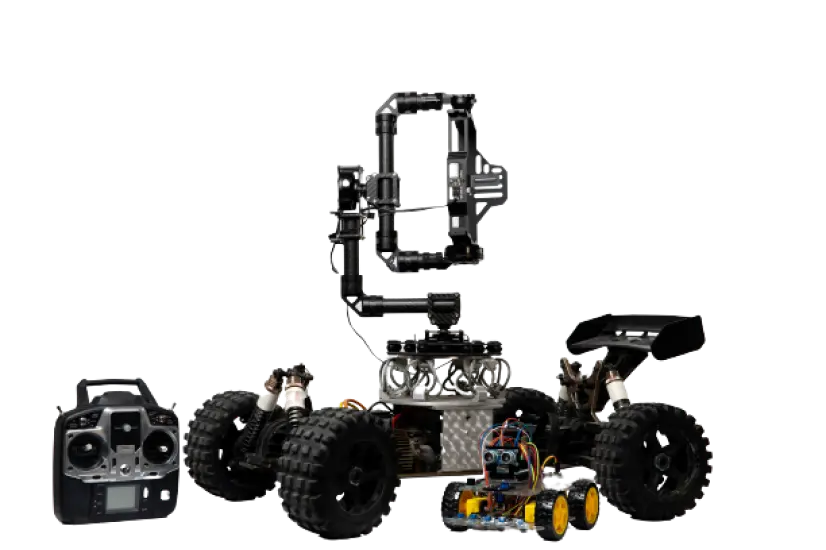M. Tech in Robotics
Robotics
Robotics is defined as the disciplines of mechanical, electrical, and other sciences related to the design, construction, operation, and application of robots. Robots are automated machines that can assist humans in a variety of environments, from manufacturing processes to working in critical conditions unsuitable for human life. Robotics specialists aim to solve a wide variety of tasks by designing mechanical devices that can intelligently complete a variety of tasks. The term robotics comes from the word robot used by Czech writer Karel Čapek in his play R.U.R. (Rossum’s Universal Robots), published in 1920. The word robot comes from the Slavic word Robota, which means work/work. Robotics is related to other scientific fields such as computer science, character animation, mechanical design, cognitive science, and biomechanics. The main subdivisions of robotics are artificial human science, artificial intelligence, nanorobotics, robotic surgery.
Need for M. Tech. in Robotics
Robotics is widely used in industrial automation, agriculture, logistics, underwater, aerial, maintenance, inspection, manipulation and others to improve productivity, safety, security, and health. Industrial robots, 3D printing, Drones, and advanced machinery are becoming quite common in various working environments. The industrial robotics market is projected to be $81.4 billion by 2028, double that of 2021. The M.Tech. program in Robotics at Mahindra University will fulfill the current and future requirement of Robotics Engineer.
About the Program
This interdisciplinary program is offered by Department of Mechanical & Aerospace Engineering in the Ecole Centrale School of Engineering, Mahindra University in collaboration with Electronics & Computer science departments. The 2-year degree program provides students with advanced engineering-related knowledge through courses in kinematics, dynamics, electronics, computer programming, mathematics and specialized electives. The students will gain additional knowledge in the areas of intelligent machines, health care and automation.
This program has a minimum of 60 credits spread over four semesters for full-time students. About two-thirds of the credits are for the course work, and the rest for Master’s thesis with focus on conducting original research. The program provides flexibility for students to specialize in their area of interest. Most of the courses have practical hours to get hands-on experience.

Expected Program Output
Characteristic attributes of the post-graduating students:
Eligibility Criteria
B.E./B.Tech. in Mechanical engineering, Mechatronics, Electronics engineering
Expected Intake: 15 Nos
Expected Tuition Fee: 1 lacs/ annum + hostel fee (hostel stay is not mandatory)
Stipend: Deserving students will be provided a monthly stipend with free accommodation.
Admission Procedure
Career Roles
Graduates of the program are expected to function as Design/ Mechanical Engineer, Analysis lead, Research engineer in any of the following verticals.








